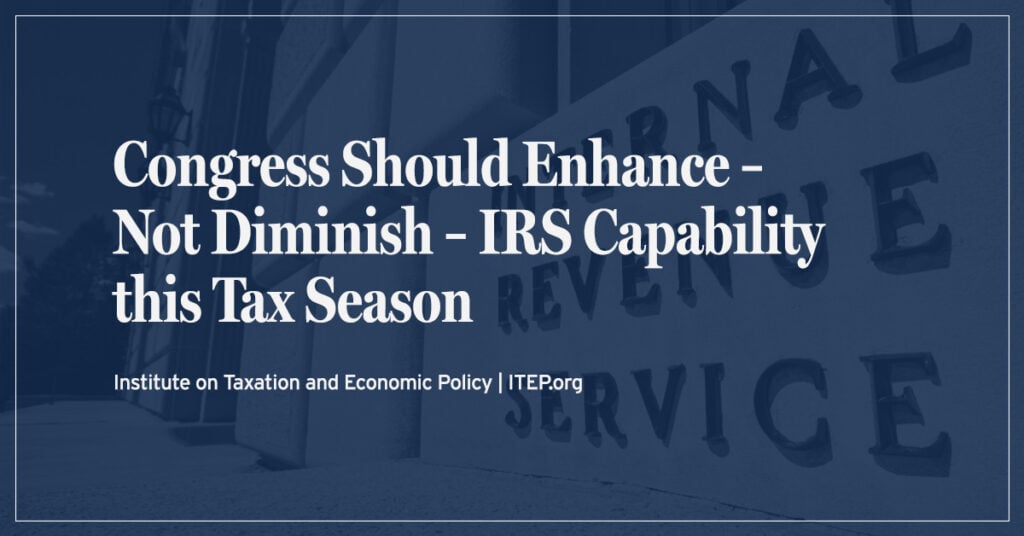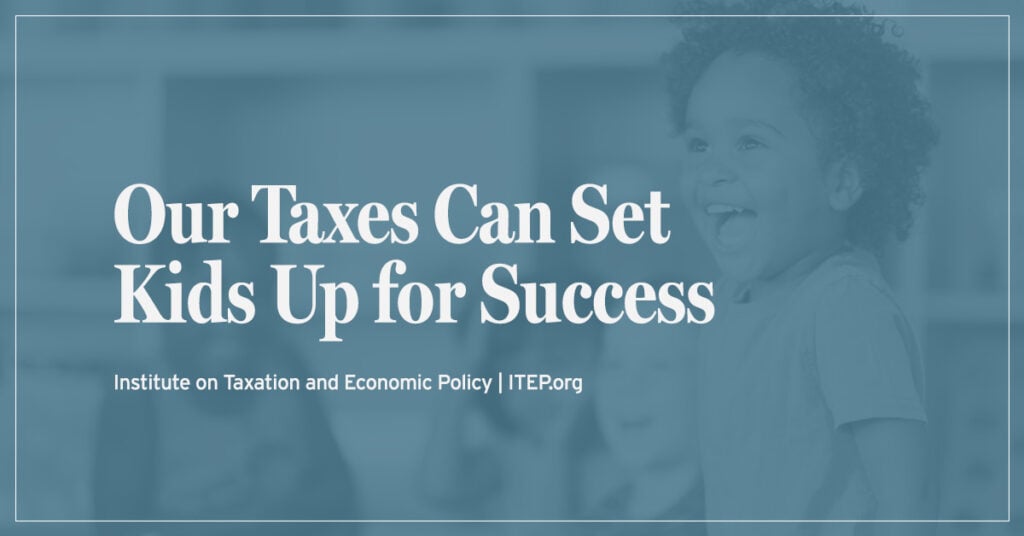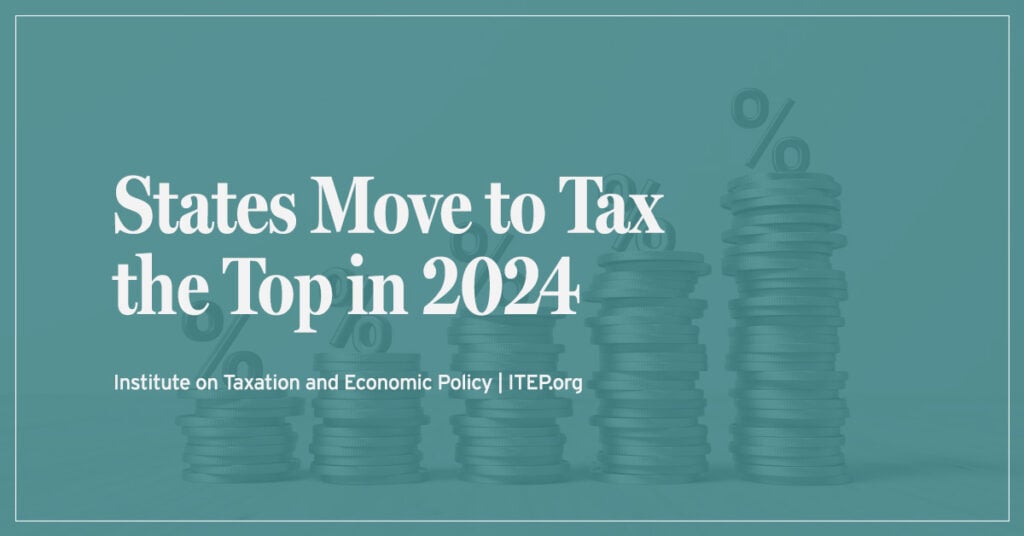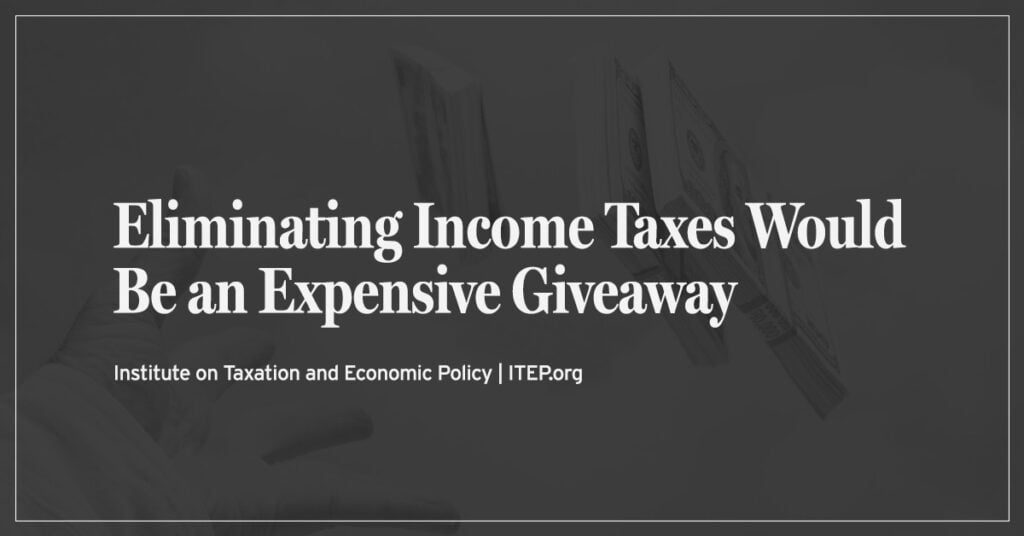
Recent Work by ITEP
State Rundown 3/28: Tax Cut Madness, But Our Brackets Bet on Tax Fairness
March 28, 2024 • By ITEP Staff

While madness is typically reserved for basketball in March, several high-profile, regressive tax cuts are making their way through state legislatures this week...
Congress Should Enhance – Not Diminish – IRS Capability this Tax Season
March 28, 2024 • By Joe Hughes

While funding cuts to the IRS may have been necessary as a political matter to avoid harmful agency shutdowns, they are severely misguided as a policy matter. By all serious accounts, cuts to IRS funding increase the deficit due to uncollected taxes – mostly from big businesses and the very wealthy.

Every child deserves the opportunity to succeed in society – and tax policy has a huge role to play in making that happen. Better tax policy can help prepare our young children with skills to become successful and thriving adults.
The Estate Tax Should Help to Level the Playing Field. Instead it’s Letting the Rich Get Richer.
March 26, 2024 • By Amy Hanauer

The federal estate tax should ensure that family dynasties who’ve amassed enormous fortunes pay their fair share in taxes. But because policymakers have repeatedly doubled and tripled the immense sums that can be passed on before the tax kicks in, the estate tax today affects almost no one.

Over the past week Utah continued its slow march toward a more inequitable tax code...

These forward-thinking states are demonstrating the wide variety of options for policymakers who want to raise more from the wealthiest people, rein in corporate tax avoidance, create fair tax codes and build strong communities.

Governors and legislative leaders in a dozen states have made calls to fully eliminate their taxes on personal or corporate income, after many states already deeply slashed them over the past few years. The public deserves to know the true impact of these plans, which would inevitably result in an outsized windfall to states’ richest taxpayers, more power in the hands of wealthy households and corporations, extreme cuts to basic public services, and more deeply inequitable state tax codes.

Many state legislative sessions are in the final stretch...
Ahead of the ‘Bring Chicago Home’ Vote, Remember That Local Mansion Taxes are Tried and Tested
March 14, 2024 • By Andrew Boardman, Kamolika Das

As Chicago and other localities look for ways to shore up resources for critical public investments, it's important to remember that over a dozen cities and counties have already benefited from policies like mansion taxes.
Local Mansion Taxes: Building Stronger Communities with Progressive Taxes on High-Value Real Estate
March 14, 2024 • By Andrew Boardman

More than one dozen cities and counties levy progressive taxes on high-price real estate transactions — sometimes called mansion taxes — and over a dozen more are considering such policies. By asking buyers and sellers with greater financial means to contribute more to the common good, these policies are equipping communities with resources to make progress on critical challenges of local and national concern.
